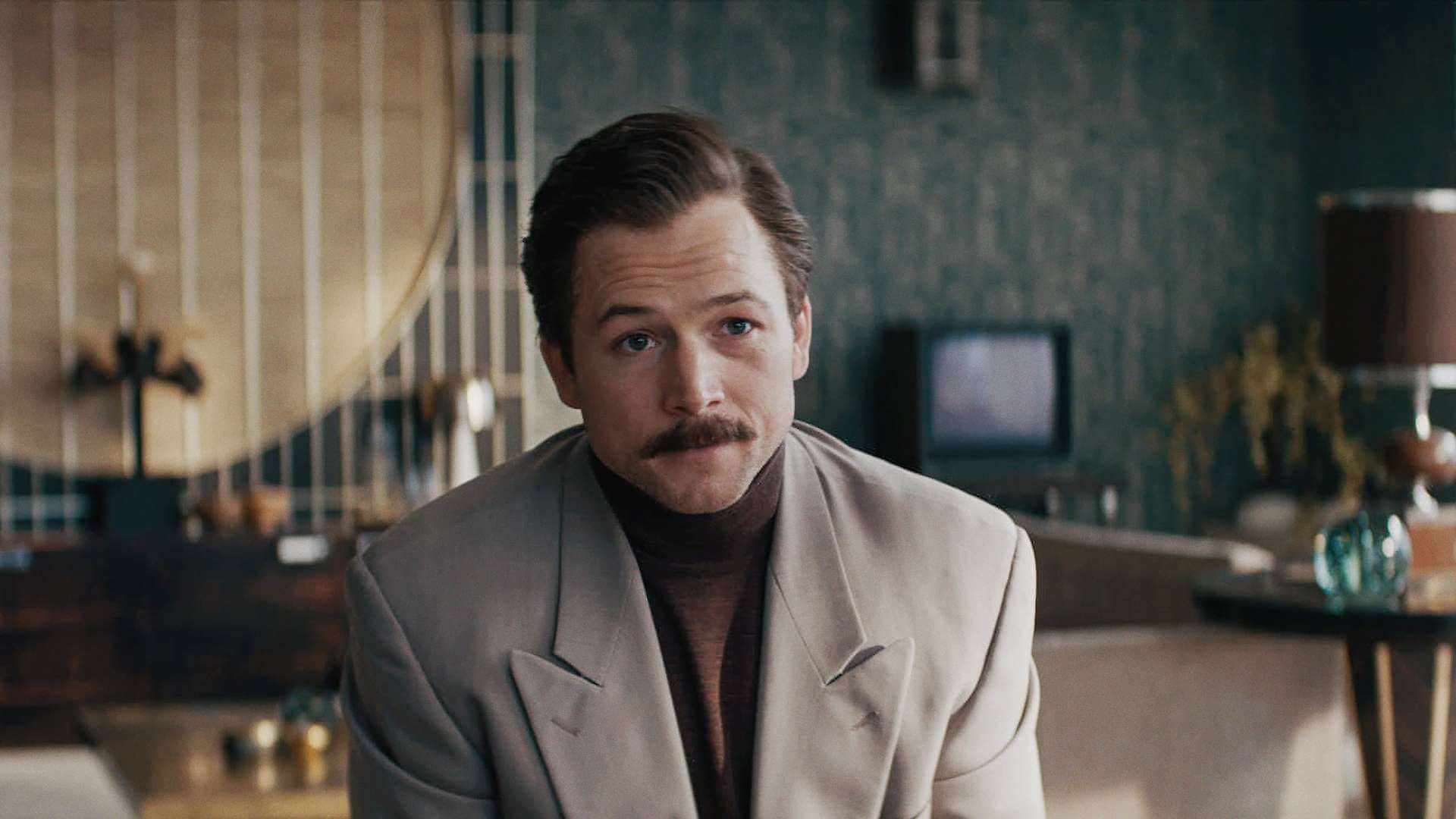
Tetris clicks into place in this surprisingly intense biopic
A puzzle piece fitting into the gap of an intriguing story, Tetris crafts an unexpectedly riveting narrative that goes beyond just the origins of the iconic game. It explores the high-stakes drama behind its global licensing battle, adding depth and tension to what could have been just a simple biopic. With a charismatic lead and a script full of surprising twists, Tetris emerges as more than just a celebration of the video game; it’s a thrilling ride through Cold War politics and business maneuvers.
Director Jon S. Baird brings a dynamic sense of pacing to the film, almost mirroring the rapid-fire, adrenaline-pumping gameplay of the classic game itself. The plot follows Henk Rogers (Taron Egerton) on his wild journey to secure the licensing rights to Tetris during a politically charged time in Soviet Russia. Egerton delivers a solid performance, perfectly capturing Rogers’ ambition and nerve while injecting moments of humor that keep the movie from becoming overly grim. The fish-out-of-water elements are played to great effect, as Henk finds himself navigating not just corporate red tape but the precarious world of Soviet-era negotiations.
One of the film’s strong suits is its commitment to capturing the tense atmosphere of the 1980s, right down to the pixelated aesthetics that fans of the original game will undoubtedly appreciate. The fusion of archival footage with stylized retro animation works well to ground the story in its era while also reminding viewers of the cultural impact Tetris had back then. These stylistic choices give the film a quirky charm, even when the narrative veers into more serious territory.
Where Tetris falters slightly is in its pacing. While the first half builds intrigue and suspense effectively, the second act stretches its material a bit thin, lingering on drawn-out negotiations and chase sequences that could have been tightened for a more cohesive story. The stakes are high, sure, but the film occasionally overplays its hand, hammering home the gravity of the situation more than necessary. This slows down what is otherwise a captivating tale.
Still, there is an undeniable appeal in watching the underdog story of a man up against an opaque, crumbling superpower. The film smartly intertwines the game’s simplicity with the complexities of real-world politics, drawing a parallel between fitting pieces together in Tetris and maneuvering through a web of espionage, corporate greed, and international law. The scenes depicting Henk’s negotiations with the Russian game creator, Alexey Pajitnov, provide some of the movie’s most human moments, highlighting a genuine passion for the game itself.
In the end, Tetris successfully slots itself into the genre of biopics with a twist, offering an unexpectedly engaging watch. It may not completely clear the board of its narrative clutter, but it lands enough critical hits to satisfy both fans of the game and those looking for a gripping, if slightly overlong, drama.






